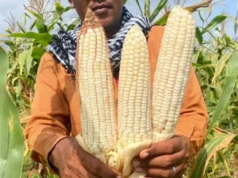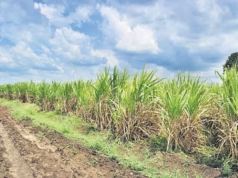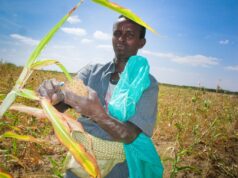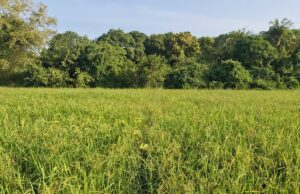Jowhar’s Cereal Production Report highlights the town’s importance as a key agricultural region in Somalia. Jowhar is one of the most important agricultural regions in Somalia, known for its fertile land and vibrant farming activities. The town serves as a critical hub for the cultivation of various cereal crops, which are essential for food security and economic growth. Farmers in Jowhar primarily rely on small-scale farming to produce staple crops such as sorghum, maize, beans, and sesame.
However, despite its agricultural potential, the local market faces challenges due to competition from imported foods and shifting consumer preferences.

The chart highlights the prices of key cereal crops in Jowhar. Sorghum, known locally as Masago, is priced at $0.40 per Koonbo, making it one of the most affordable crops. Maize, referred to as Galeey, shows price variations with one type priced at $0.80 per Koonbo and another at $0.40 per Koonbo. This discrepancy could be due to differences in quality or market supply conditions.
Beans, or Digir, are priced at $1.00 per Koonbo, making them more expensive than both sorghum and maize. Sesame, locally called Sisim, has the highest price at $1.25 per kilogram, reflecting its value as a cash crop and its demand for oil production and export markets.
Despite the availability of these locally grown crops, their consumption remains limited. Many people in Jowhar prefer imported foods such as rice and pasta, which are perceived as more desirable or convenient. This preference impacts the demand for locally produced cereals and poses challenges for farmers, who struggle to compete with imported goods. The high price of sesame, for example, is largely due to its commercial value rather than its role in local diets.
To address these challenges, there is a need to encourage the consumption of local cereals through awareness campaigns that emphasize their nutritional and cultural importance. Supporting farmers with subsidies and investing in processing facilities for value-added products could also make local crops more competitive. Strengthening local markets and promoting partnerships with retailers would further reduce reliance on imported foods and improve the livelihoods of farmers in Jowhar.














